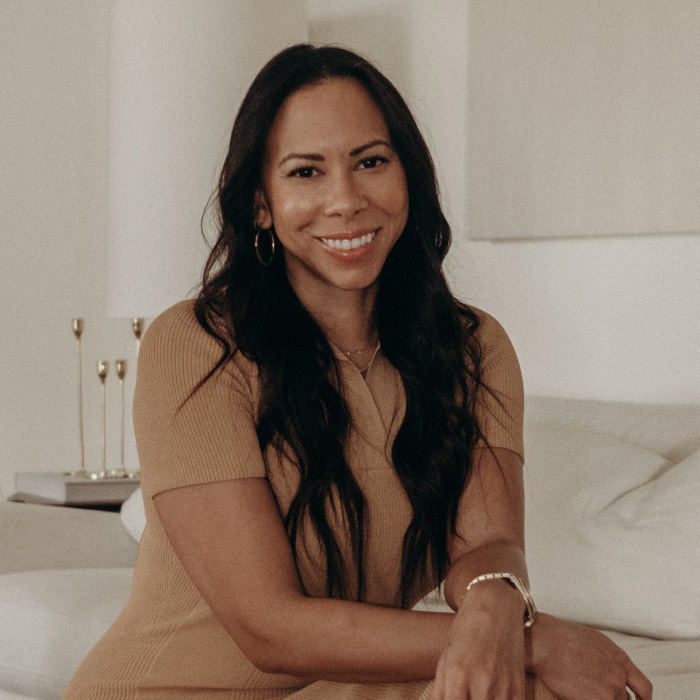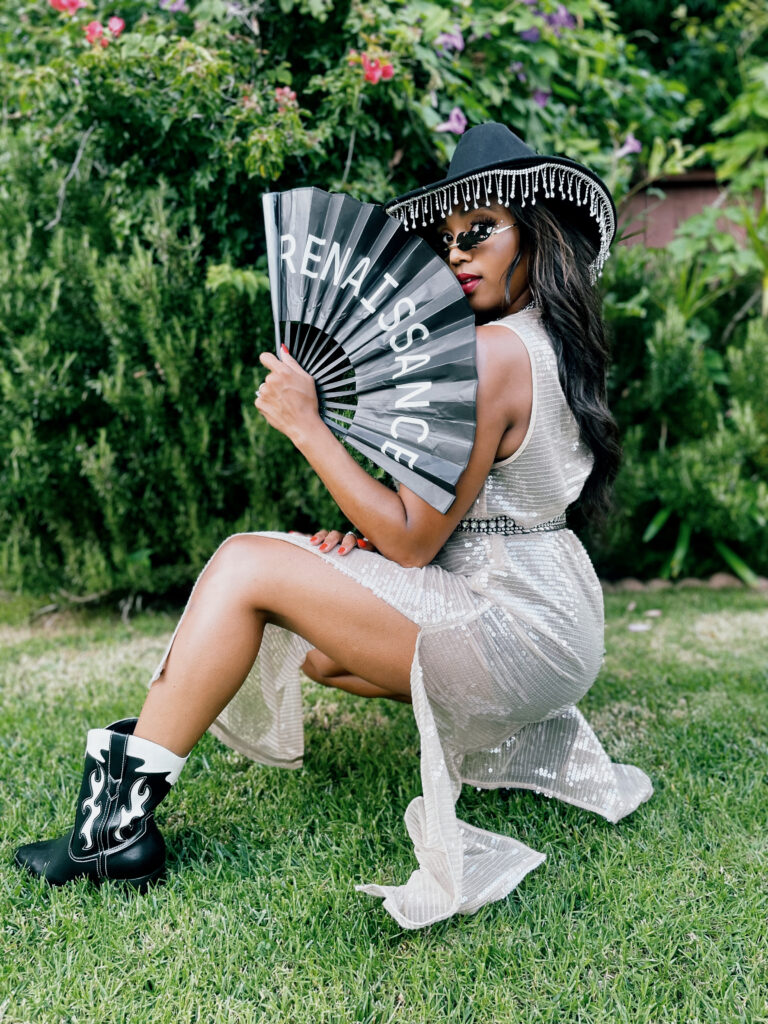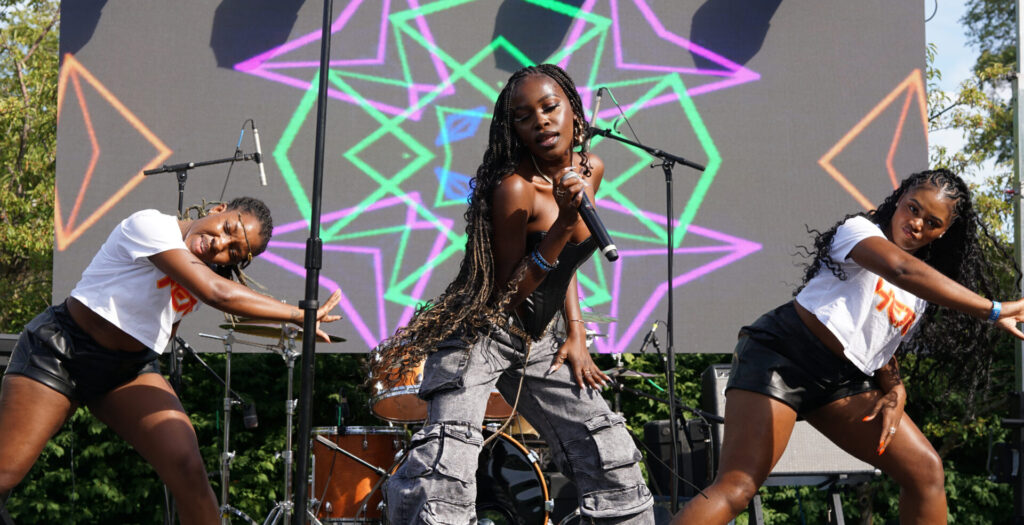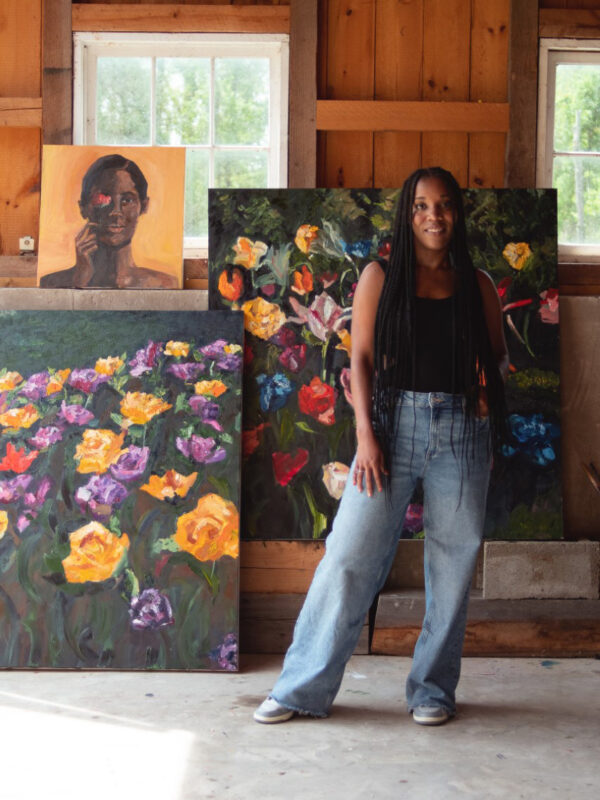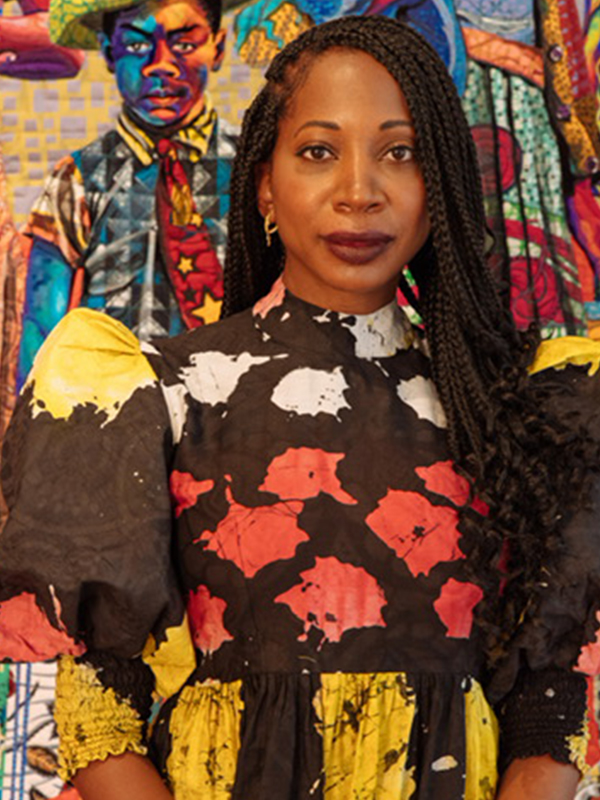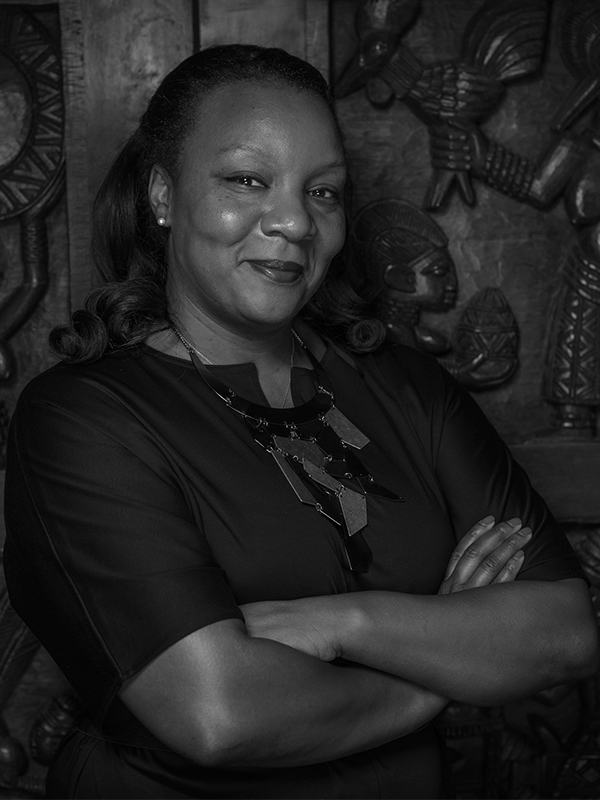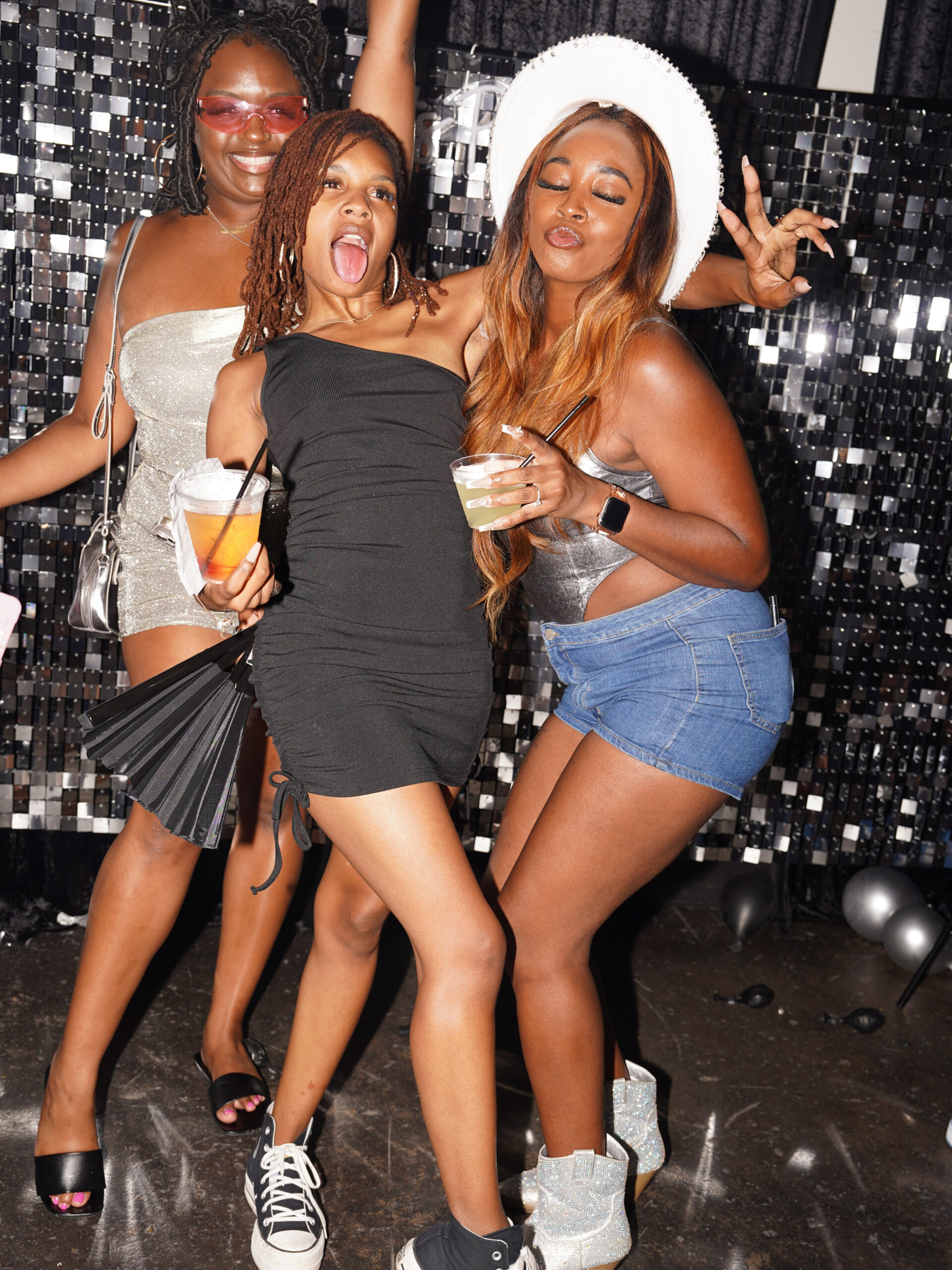Beyoncé’s globally acclaimed tour has sparked an Afrofuturistic renaissance among the Beyhive. The Queen’s first solo tour in seven years may be soon coming to a close, but its impact is evergreen. A great deal of this legacy can be attributed to her fans, who have gone above and beyond this summer, expressing their unwavering devotion to celebrating the iconic music and fashion sense of the Grammy-winning artist.
The creative range and individuality of Beyoncé’s fanbase have been on full display across social media. Fans donned corset-style bodices and embellished headpieces that were reminiscent of the Renaissance era. Other concertgoers added a unique flair to their attire, outfitting themselves with silks, satins, and let’s not forget the quintessential metallic cowboy boots and hat to compliment Bey’s latest project, Renaissance—an album that so effortlessly weaves together a DJ mix-style arrangement of songs, fuses dance music styles from the post-1970s era (including disco and house), holds immense cultural significance, and perhaps most importantly, celebrates inclusivity.
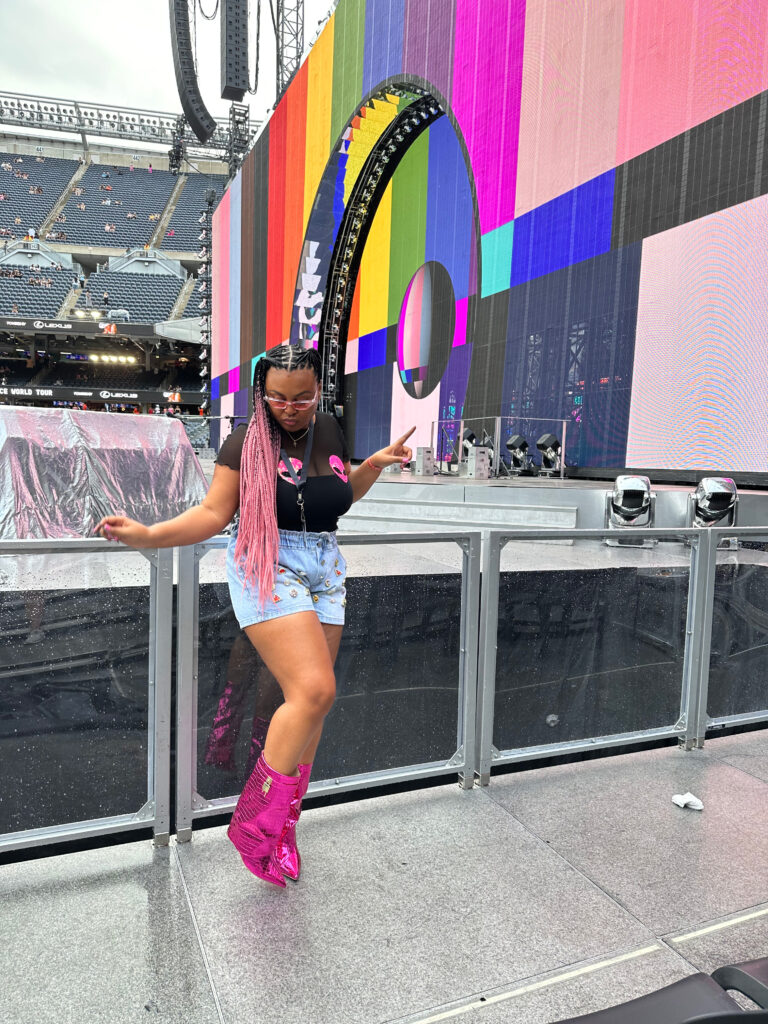
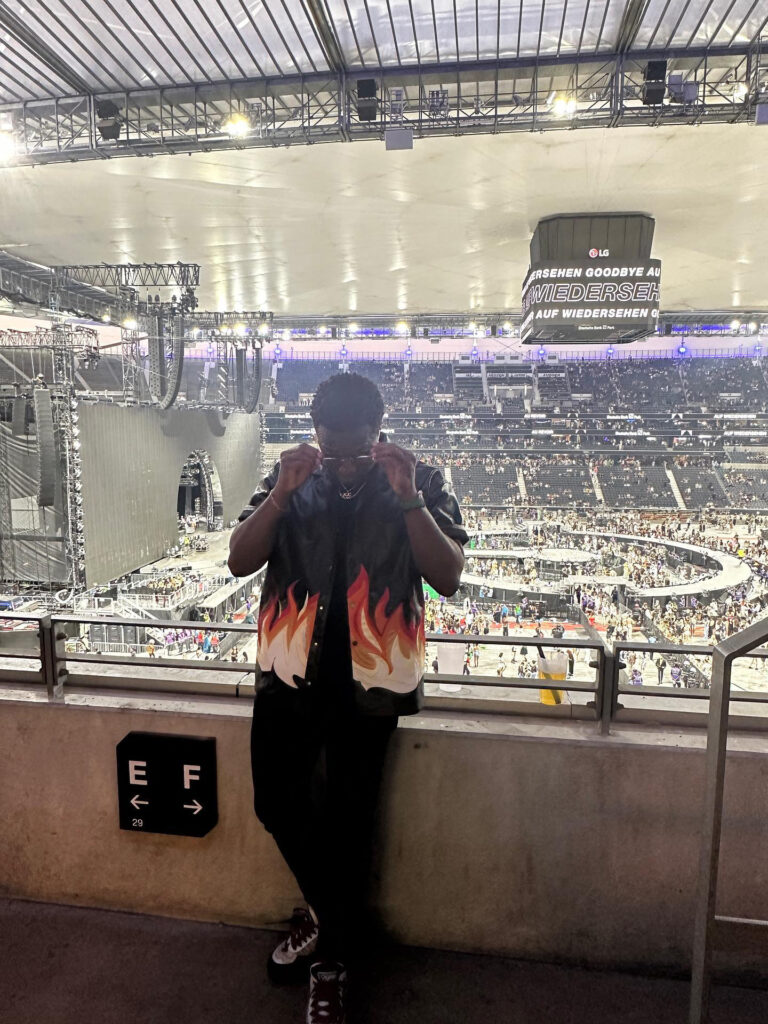
Beyonce herself has even been impressed, giving a shout-out to fans. “How dare y’all look so good! I can tell y’all planned these outfits some months ago,” she said at her show in Chicago in July.
The Renaissance tour has played a large role in shaping a growing Afrofuturism movement that shows no signs of slowing down. In recent years, Afrofuturism has catapulted across various genres of entertainment—reshaping the way we perceive and engage with cultural narratives, technology and creativity. The world of high fashion has undergone a remarkable transformation by creating a tapestry of style that reflects the rich heritage and limitless potential of African diaspora cultures.
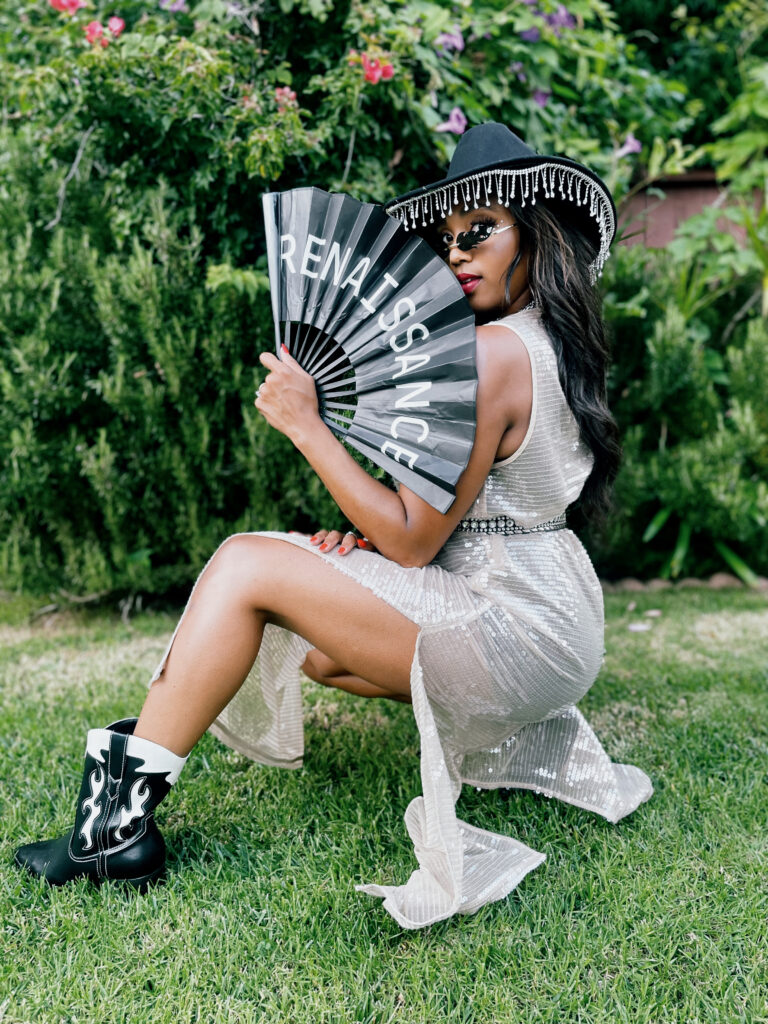
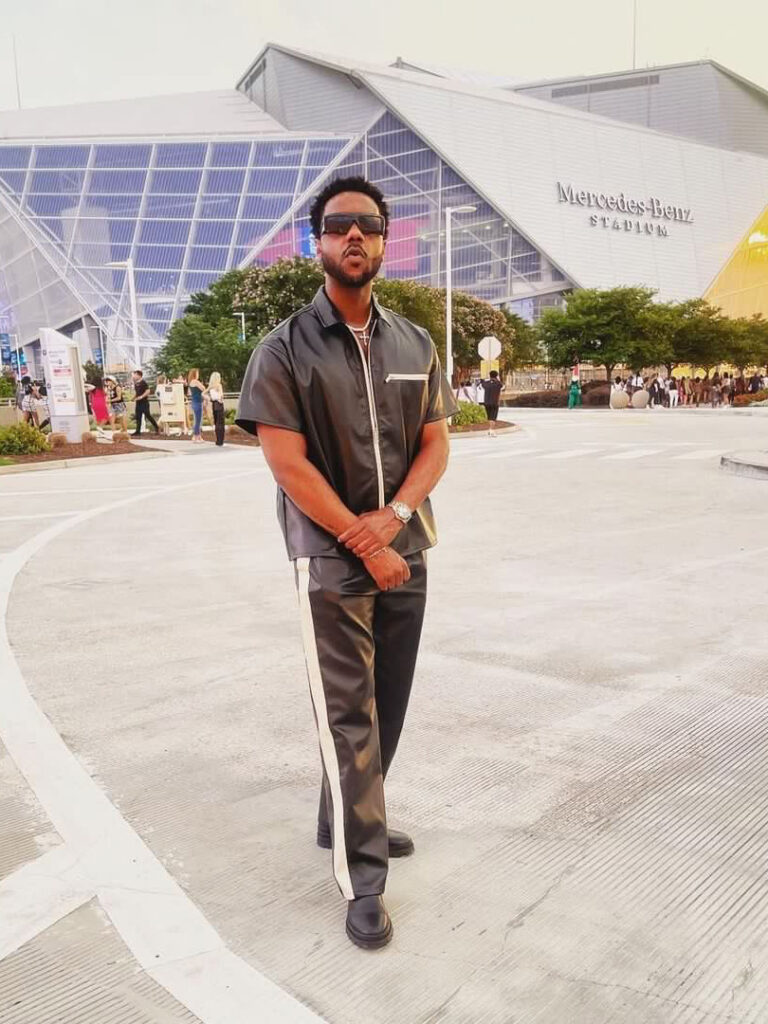
Afrofuturism is also playing out in motion pictures. Oscar-winning Marvel film Black Panther is among the most notable examples for its adaptation of Black heroism and sci-fi aesthetics. Netflix hit show The Cloned Tyrone—released this summer starring Jamie Foxx and Teyonah Parris—explores similar intersections of identity, addressing how race, gender and class traverse and shape individuals’ experiences.
The Afrofuturism movement, which combines elements of African and African diaspora culture with science fiction, fantasy and futurism, has opened doors to new perspectives, diverse representation and emerging creatives who are pushing the boundaries with their art.
Singer-songwriter Tanerélle Stephens is the epitome of that boundary-pushing figure. Her creative prowess, both musically and visually, has levitated her stardom since she released her first single “Siren” in 2015. But what has set the Atlanta native apart is her bold embrace of science fiction in approaching music through an imaginative lens.
“I feel like the 1970s was a great era for us, but there was a cap,” Stephens tells Sweet July. “With Afrofuturism, you can go wherever you want to go with it. It’s a fantasy, so with that, you get to push the limits.”
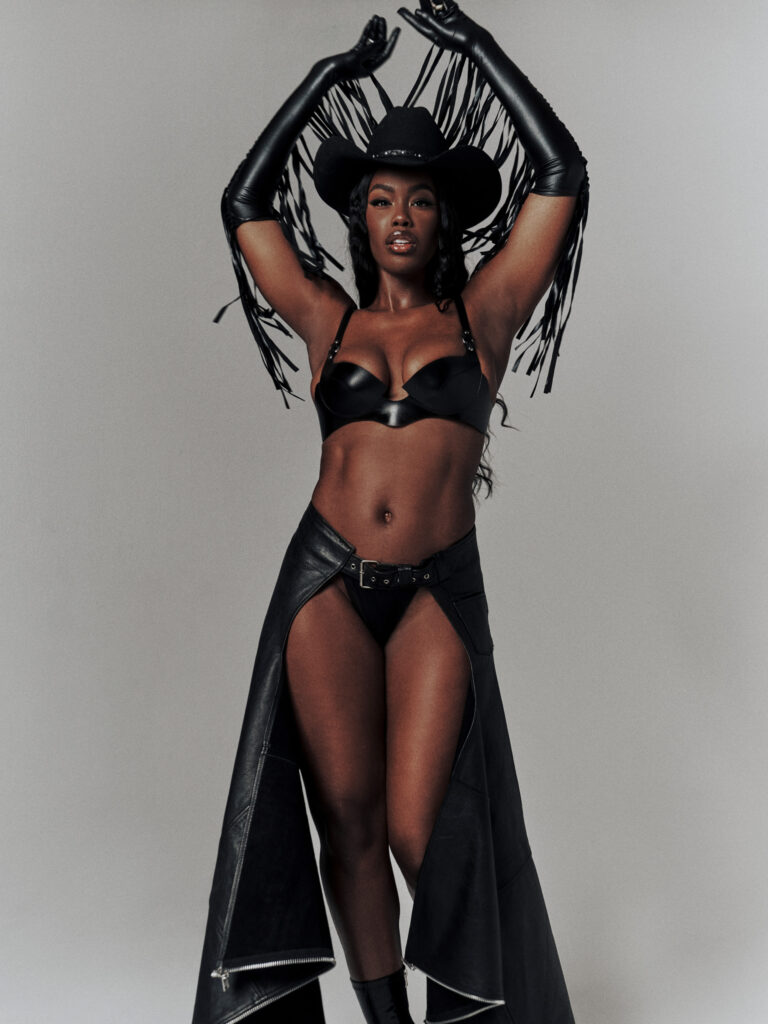
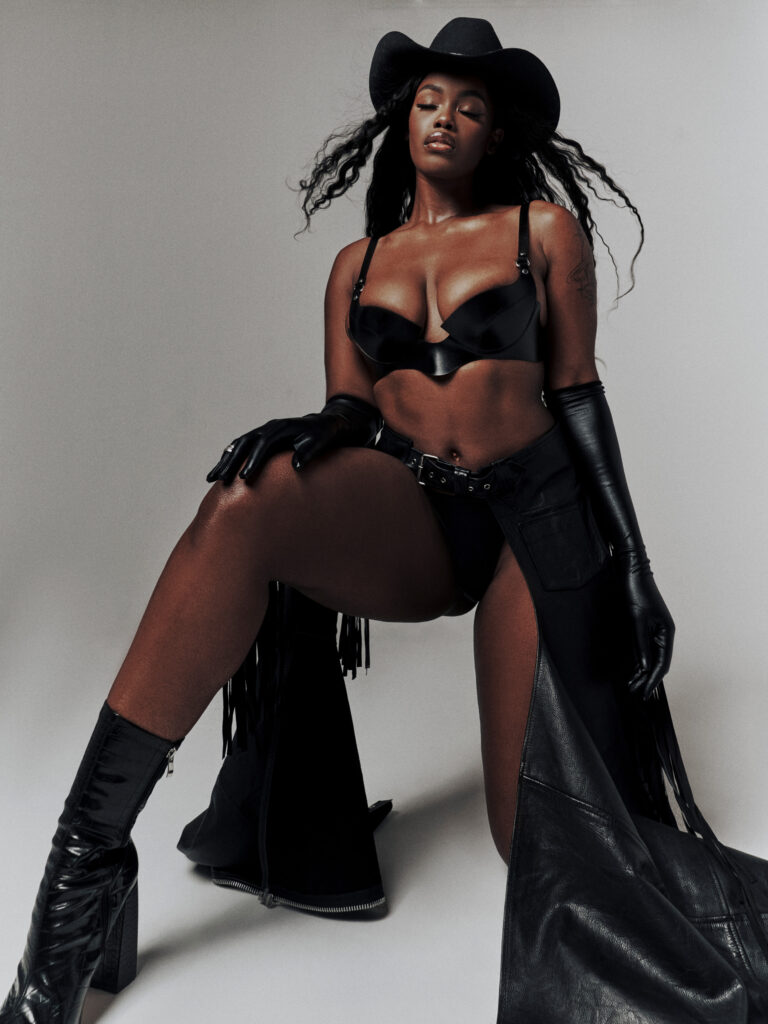
Amassing over 30 million streams on Spotify, this independent artist seamlessly combines her sultry voice with captivating photoshoots on Instagram. Through this combination, she has skillfully cultivated a growing fanbase that compliments her diverse musical palette spanning soul, hip-hop, pop and R&B.
“I had to go hard because I wanted to draw in people who may not have heard of my music,” says Stephens.
As a child, Stephens had an “insatiable” desire to remedy sci-fi narratives that lacked representation of Black women and their culture. Her appreciation for alternative realities has inspired hits like “Space Cowgirl” and “Mama Saturn.”
“All the things we’ve been taught as a Black woman growing up is to conform,” she says. “Sinking into myself and really tapping into me is the thing that allowed me to stand out.”
Finding unapologetic authenticity through Afrofuturistic music has also been transformative for 25-year-old Ghanaian artist Adrien Amponsah, known as Queen Drie. As a poet who confronted her mental health challenges head-on, she was unwavering in her determination to use her struggles to impact the world of music. Her debut record, “Testimony,” which released in February, served as a profound reflection on the life experiences that had shaped her up to that point.
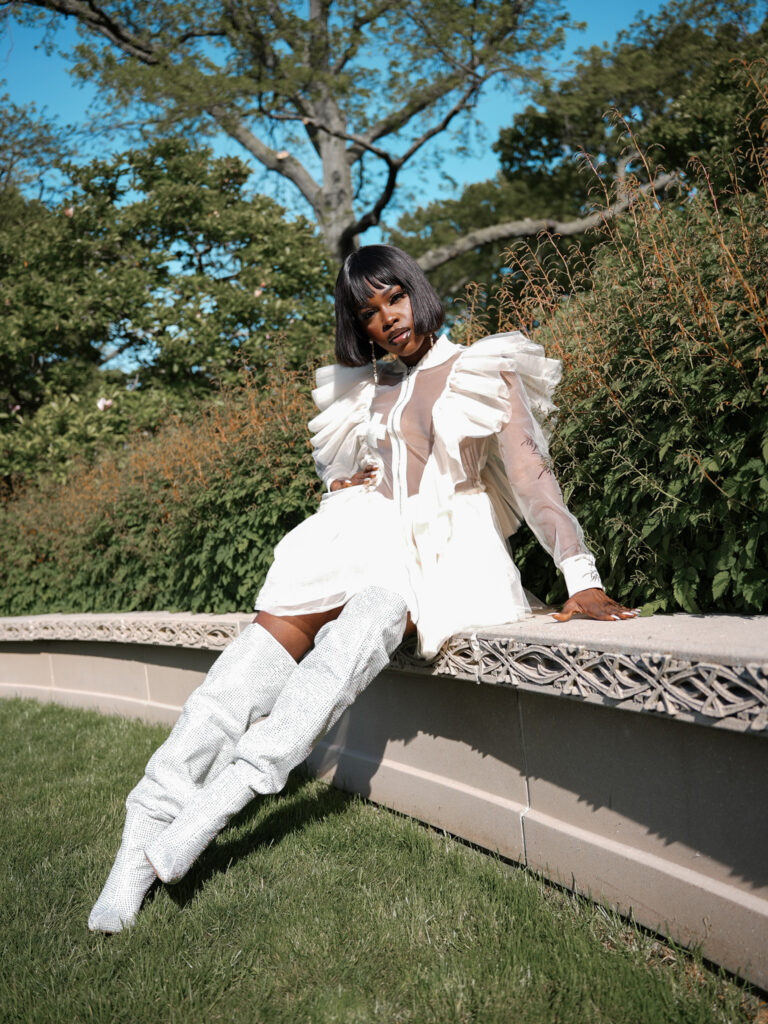
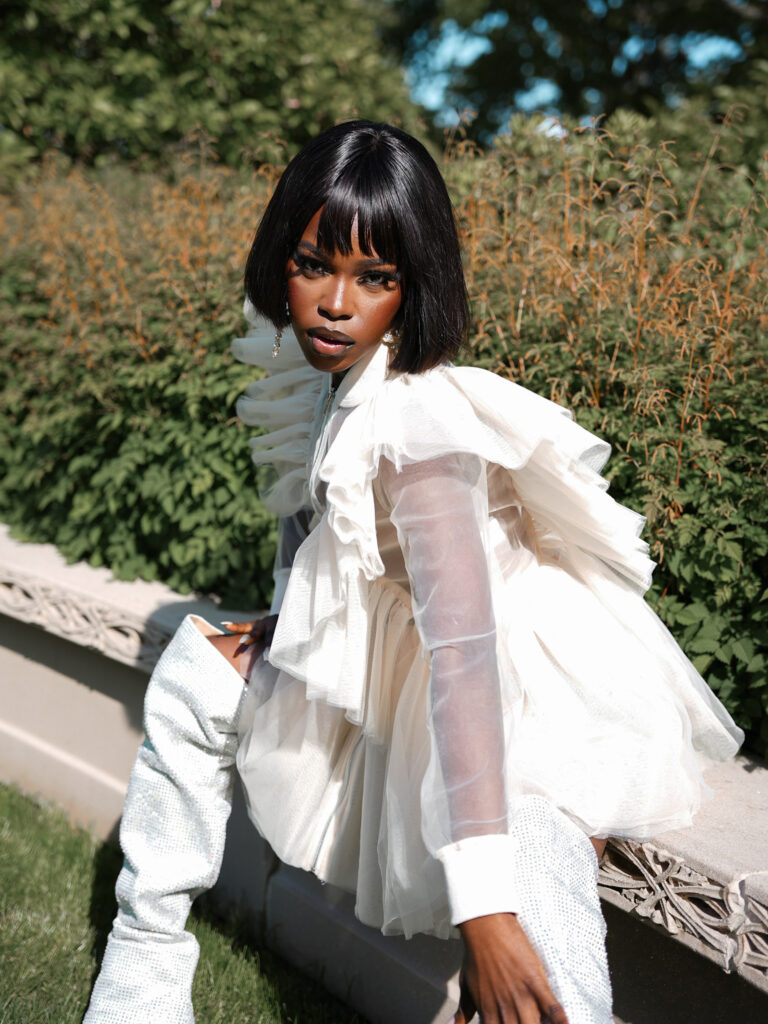
“It was a message of authenticity and vulnerability, because I feel like there’s power in being vulnerable with people and telling them I’m not perfect,” says Queen Drie. Her rawness is taking her places: Despite being in the early stages of her musical career, she’s already hit a coveted milestone: opening for the “Queen of Afrobeats,” Tiwa Savage.
Having spent her childhood in Ghana before establishing roots in Chicago, Queen Drie has found inspiration from these contrasting life experiences. Her upcoming music video for the hit single “Ferrari,” set to be released next Spring, aims to explore the connections between Afrofuturism and the African diaspora.
“We’re aiming to create a house party scene, and I’ll be dressed in something that gives off a very ‘Trap Cinderella vibe,’” she reveals. One of the video’s captivating moments will involve transporting us through time, as a bonfire is set against the backdrop of rhythmic African drum beats. “There will definitely be the typical shirtless man playing the African drum and we will play with the attire to be more modern,” she adds.
Queen Drie attributes the fusion of cultures and influences to profoundly shaping her music, where she melds genres like Afrobeats, R&B and hip-hop to capture the vivacity and dynamism of her Ghanaian heritage and fashion style. She’s at the forefront of shaping how Afrofuturism will continue to shape the world of music and beyond.
“I’m not trying to look like someone else or speak like someone else,” says Queen Drie. “I’m very focused on a new image of an African woman.”



